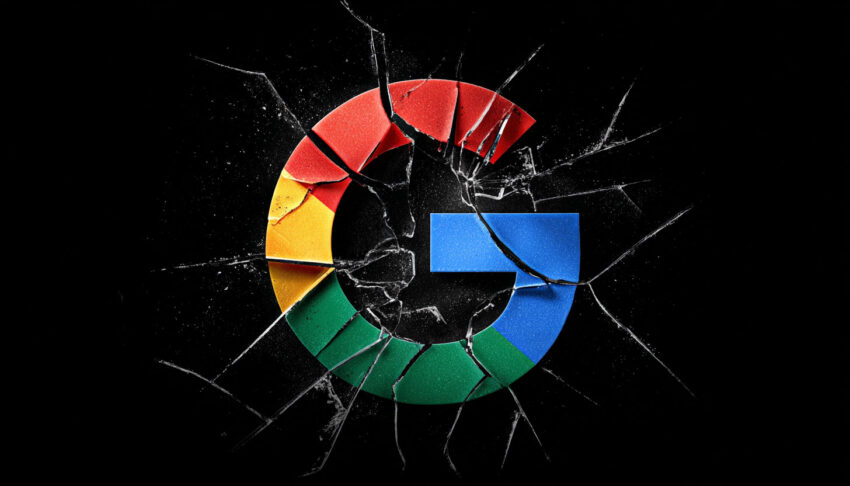TL;DR Summary of Judge’s Ruling Deals Google a Significant Blow in Ad Tech Antitrust Battle
Optimixed’s Overview: Groundbreaking Court Decision Reinforces Antitrust Claims Against Google’s Ad Tech Monopoly
Key Court Findings and Legal Implications
The recent ruling by Judge Castel marks a pivotal moment in the ongoing legal battles over Google’s dominance in the online advertising technology sector. The court applied the principle of issue preclusion, meaning that Google cannot challenge the central facts that were established in a previous government lawsuit in Virginia (known as the E.D. Va. Action). This judicial approach effectively streamlines private litigation against Google by using the prior finding as a legal foundation.
Defined Market and Google’s Illegal Conduct
- Market Definition: The court recognized two distinct global markets within ad tech — publisher ad servers (software used by content publishers to manage ad inventory) and ad exchanges (platforms where advertisers bid for ad space). This market definition excludes restricted countries like China and Iran.
- Illegal Practices Confirmed: Google must accept that it engaged in actions to unlawfully maintain its monopoly, which violates Section 1 of the Sherman Act. These include:
- Unlawful tying — requiring publishers to use Google’s ad server to access its ad exchange.
- Specific anti-competitive tactics — including First Look, Last Look, Dynamic Revenue Share, and Unified Pricing Rules.
Next Legal Steps for Plaintiffs
While the ruling bars Google from rearguing liability, plaintiffs still bear the burden of proving:
- Antitrust Injury: Evidence that Google’s conduct caused specific harm to their businesses.
- Damages: Quantifying the financial losses resulting from Google’s anti-competitive behavior.
Broader Impact and Industry Significance
This decision not only accelerates private lawsuits by leveraging the government’s prior victory but also establishes a clear legal precedent on Google’s market dominance and conduct. It underscores regulatory scrutiny worldwide, including by the European Commission, spotlighting Google’s hold on over 90% of the ad serving market. The ruling signals a major shift in how antitrust enforcement can proceed against tech giants with entrenched monopolies in critical digital advertising infrastructure.
